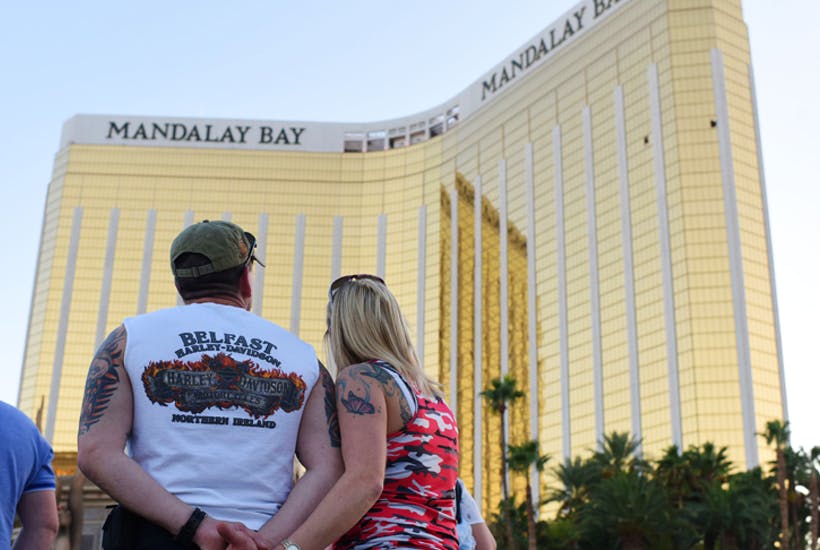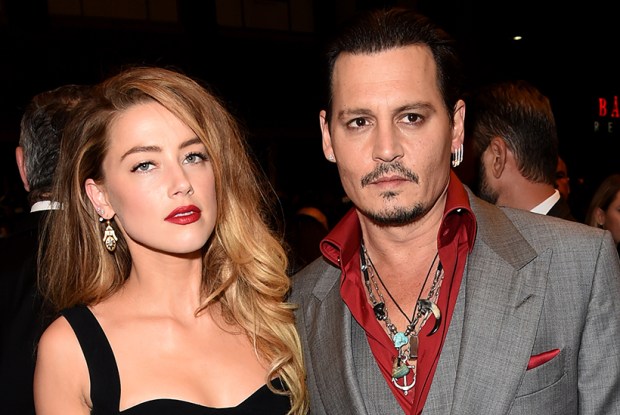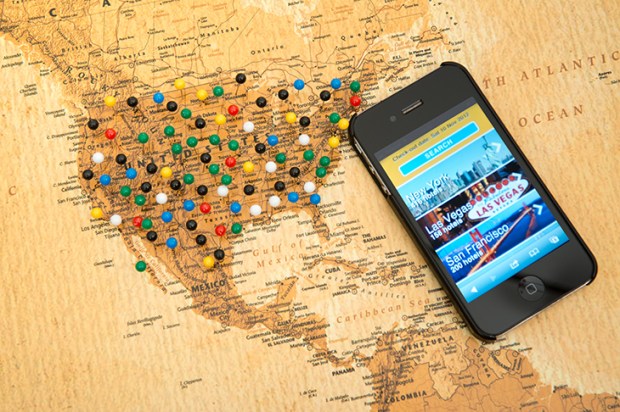It’s been nearly two weeks since Stephen Paddock committed mass murder in Las Vegas and the FBI is still casting about pitifully for clues. Why did he do it? Not even his girlfriend knows, though it’s said he claimed to have been simply ‘born bad’. Plans are afoot to put up billboards urging anyone who ever met Paddock to come forward. There’s something touching about billboards in the internet age.
Perhaps because there are no answers in the offing, in place of them has swelled a great wave of outrage, not, oddly, about America’s gun laws, but about race.
The strong feeling among America’s celebrity class — the pop stars, the hip hop stars and actors on Twitter — is that it’s racist of the FBI and of the President not to call Paddock a terrorist. Ava DuVernay, one of Hollywood’s hippest young directors, tweeted this: ‘The lone wolf. The local shooter. The gunman. Any and everything, but terrorist. Wonder why.’ Ava was joined by Rihanna (79.9 million followers on Twitter) and then newspaper columnists on both sides of the Atlantic.
A piece in the Washington Post summed up the thinking: ‘If the shooter had been Middle Eastern or Muslim, the rhetoric would pretty much write itself at this point. I doubt he’d be granted a descriptor with a positive connotation like “lone wolf”, as if he were the protagonist in a classic Western.’
If only characters called ‘Lone Wolf’ were the usual protagonists in a classic Western… never mind. The real trouble with all this contagious indignation over Paddock’s ‘white privilege’ is that in a country with a real racism problem, it seems so terribly misplaced.
The Twitter activists make much of the fact that Nevada defines ‘terrorism’ relatively loosely. It’s true that according to state law you could call Paddock a terrorist. But that wouldn’t make it helpful to the investigation — or right. The word ‘terrorist’ has a normal definition. To any regular Joe, a terrorist is a person who uses unlawful violence in the pursuit of political aims. IRA killers, for instance (all white), were terrorists. John Allen Muhammad, the DC sniper (black) was a psycho; a lone wolf.
The FBI has its own official definition of terrorist, which is surely the one both it and the President should stick to. An act of terrorism, according to the Feds, is an act of violence with intent to ‘intimidate or coerce a government, the civilian population, or any segment thereof, in furtherance of political or social objectives’. Paddock’s meticulous, diabolical massacre just doesn’t fit this bill. It’s worse than terrorism in a way.
Should Trump start suddenly tweeting that Paddock is a #terrorist? I think it would be horribly irresponsible. It would imply to the world that the Feds have uncovered some motivating ideology which they have not. All grifters and tarts that investigators hope to tempt with their billboards, each with their little piece of Paddock, will sink back down into the Vegas underworld. Terrorism means a network, and who wants to be implicated in that?
‘How can you tell the survivors Paddock was not a terrorist?’ ask the angry voices online. ‘He terrorised them, that’s enough.’ No it’s not. Moral affront can’t change the meaning of words. And surely what most survivors want most is to see this investigation make some progress.
The squabble over the meaning of ‘terrorist’ is handy in one way. It at least makes it clear how muddled the whole movement is. The gist of every article on this subject is that the press, politicians and the police are too quick to cry ‘terrorist’ in the event of some attack by a brown-skinned or Muslim man. Don’t judge a gunman by his colour, they say. Well quite. But if you’re urging the public not to rush to conclusions based on skin colour, you can’t in the same breath claim it’s a travesty that the President and the FBI did not jump to conclusions in the case of a white shooter, especially when all the evidence says not ideologue, but psycho. It would be an alarming irony if campaigners against racism were to advocate different definitions for different races.
Once a great wave of affront starts rolling, the actual facts become submerged.
It’s been claimed by quite respectable commentators that the reason the first photos to become public were of Paddock’s girlfriend was that she is a woman of colour. Paddock’s ‘white privilege’ kept him out of the papers, they say. What rot. No one who understands the hunger of any paper to be the first with pics of a psychotic killer could imagine there was a conspiracy to keep Paddock out of print. It’s an insult to real victims of racism to see it in places where it’s not.
It’s also widely assumed, post-Paddock, that any judicious pause on behalf of the authorities before saying ‘terrorist’ is a favour extended only to white people. Lord knows, that might be true of the numpty Trump. He did, after all, rush to call the Parsons Green bomber a terrorist. But the FBI is consistently cautious. Syed Rizwan Farook and Tashfeen Malik, who attacked San Bernardino in 2015, were both Muslims of Pakistani descent. Both pledged support for Islamic jihad but even so, when a reporter asked David Bowdich, head of LA’s FBI office whether this was terrorism, he said: ‘It would be irresponsible and premature of me to call this terrorism. The FBI defines terrorism very specifically, and that is the big question for us. What is the motivation for this?’
Everyone should hold their tongues and bide their time, Rihanna and DuVernay included. Everyone should be like the BBC, which though frequently infuriating, played a blinder last weekend. A black Toyota driven by a dark-skinned chap ploughed into pedestrians outside the Natural History Museum, a fact which the BBC reported without mention of terrorism. The usual monkeys cried ‘PC gone mad!’ and Katie Hopkins and Nigel Farage leapt up and down with excited rage. But the Beeb was right. It was just an accident.
Got something to add? Join the discussion and comment below.
Get 10 issues for just $10
Subscribe to The Spectator Australia today for the next 10 magazine issues, plus full online access, for just $10.
You might disagree with half of it, but you’ll enjoy reading all of it. Try your first month for free, then just $2 a week for the remainder of your first year.















Comments
Don't miss out
Join the conversation with other Spectator Australia readers. Subscribe to leave a comment.
SUBSCRIBEAlready a subscriber? Log in